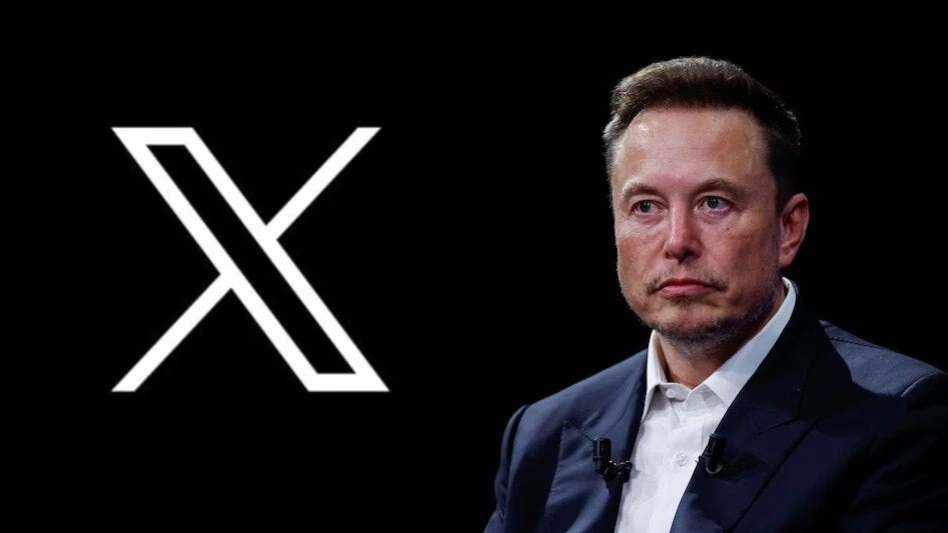Brazil’s Twitter Ban and Its Impact on Social Media Governance
In an unprecedented move, Brazil’s judicial system has made headlines by banning X, formerly known as Twitter, from operating within its borders. This decision, spearheaded by Brazil’s Supreme Court, has ignited a global conversation about the role of social media in society, the limits of freedom of speech, and the power of governments to regulate online platforms. This blog delves into the intricate details of the Brazil Twitter ban, exploring the legal context, public response, and potential repercussions for social media governance worldwide.
The Legal Context: Why Did Brazil Ban Twitter?
The Brazil Twitter ban did not occur in isolation. It is rooted in a series of events that saw the Brazilian government increasingly clashing with social media platforms over the regulation of content. The immediate trigger for the ban was Twitter’s failure to comply with a court order to appoint a local representative responsible for overseeing the platform’s operations in Brazil. This requirement was part of a broader legal framework aimed at ensuring that social media companies are held accountable for content shared on their platforms.
Brazil’s Supreme Court played a pivotal role in this decision. The Brazilian court Twitter ban was enacted after the platform refused to take down content deemed harmful by the government, including misinformation and hate speech. This decision reflects a growing trend where governments are taking a more active role in regulating online content, especially in cases where they believe national security or public safety is at risk.
The ban has sparked significant debate. Critics argue that it infringes on freedom of speech and sets a dangerous precedent for government censorship. Proponents, however, see it as a necessary step to combat the spread of harmful content online. The Brazil Supreme Court Twitter case highlights the complex balancing act that governments face when trying to regulate social media in a way that protects public interests without stifling free expression.
The Public Response: Reactions to the X Ban in Brazil
The X ban in Brazil has elicited strong reactions from both the public and various stakeholders. Social media users, influencers, and businesses that rely on the platform for communication and marketing have been particularly vocal. Many have expressed concerns about the impact this ban will have on their ability to connect with their audience, share information, and conduct business.
Interestingly, the Brazil ban Twitter decision has also sparked a broader conversation about digital rights and the power of governments to regulate the internet. Many Brazilians view the ban as an overreach of governmental power and a threat to digital freedoms. This sentiment is particularly strong among younger generations who are more reliant on social media for news, communication, and social interaction.
On the other hand, there are segments of the population that support the ban. These individuals believe that social media platforms have too much power and influence and that they must be held accountable for the content they allow to be shared. The X ban repercussions Brazil are still unfolding, but it is clear that this decision has far-reaching implications for how social media platforms operate in the country.
Navigating the Risks: VPNs and Legal Fines
In response to the X ban in Brazil, many users have turned to Virtual Private Networks (VPNs) as a way to bypass the restrictions and continue accessing the platform. However, this workaround comes with significant risks. The Brazilian government has made it clear that using a VPN to access X could result in hefty fines. The Brazil fines for Twitter use are not a mere slap on the wrist; they can reach up to 50,000 Brazilian reals (approximately $8,900) per day for those caught using a VPN to circumvent the ban.
This strict enforcement highlights the government’s determination to ensure that the X ban repercussions Brazil are felt across the board. While VPNs have often been seen as a safe and effective way to bypass online censorship, the legal risks associated with their use in this context are substantial. Users who are considering this option must weigh the potential benefits against the significant financial penalties they could face.
The involvement of Elon Musk in this situation adds another layer of complexity. Musk, who owns X (formerly Twitter), has been vocal about his opposition to government censorship and has encouraged users in Brazil to use VPNs to maintain access to the platform. However, this advice has been met with skepticism, as it could potentially expose users to legal action. The Musk Brazil ban situation underscores the tensions between tech companies and governments when it comes to regulating the internet.
The Broader Implications: What Does This Mean for Social Media Governance?
The Brazil social media ban is a significant development in the ongoing debate over how to regulate online platforms. It raises important questions about the role of governments in policing the internet and the extent to which social media companies should be held responsible for the content shared on their platforms.
One of the key takeaways from this situation is the need for clear and consistent regulations that balance the protection of public interests with the preservation of free speech. The Brazilian court Twitter ban is a reminder that governments have the power to shape the digital landscape in profound ways. However, this power must be exercised with caution to avoid stifling innovation and infringing on fundamental rights.
Another important consideration is the global nature of social media platforms. Decisions made in one country can have ripple effects across the world. The Brazil ban Twitter case has already attracted international attention, with many observers concerned that it could set a precedent for other governments to follow. This could lead to a more fragmented internet, where access to information and digital services varies significantly depending on the country in which a user resides.
The Future of Social Media in Brazil and Beyond
The Brazil Twitter ban is more than just a local issue; it is a microcosm of the larger challenges facing social media governance in the 21st century. As governments around the world grapple with how to regulate these platforms, the decisions made in Brazil will likely serve as a reference point for future actions.
For now, the focus is on how the X ban in Brazil will impact users, businesses, and the broader digital ecosystem. The use of VPNs and the legal risks associated with them will continue to be a point of contention, as will the broader implications for freedom of speech and digital rights.
In the coming months, it will be crucial to monitor how this situation develops and what it means for the future of social media not just in Brazil, but globally. As we navigate these uncharted waters, it is essential to strike a balance between ensuring public safety and protecting the freedoms that make the internet a vital tool for communication and innovation.
For more insights into legal and digital challenges, visit Regent Studies to explore educational resources that delve into the complexities of modern governance and digital rights. Additionally, you can stay informed on similar topics through credible sources like the New York Times and The Guardian.



